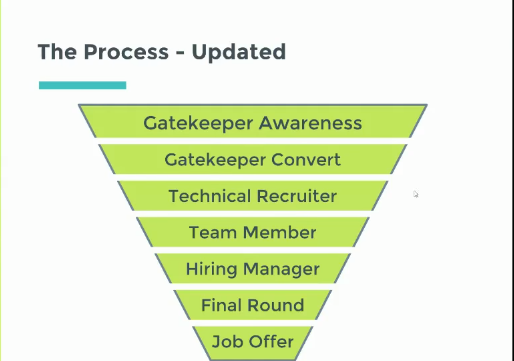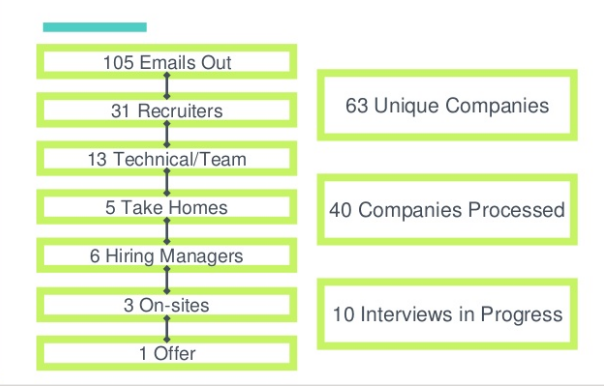Exhausted And Loving It
«««< HEAD
layout: post title: Exhausted-and-Loving-It date: 2016-09-01 11:29 author: techenomics1 comments: true categories: [Uncategorized] —
So earlier this week I took the plunge as suggested by r/learnprogramming and enrolled in the MIT EdX 6.00.1 course for Python
I spent a good portion of the day yesterday sitting down through the lectures and exercises (Still working on Problem Set 3, problem number 3) and found that at the end of it that I was mentally exhausted. I haven’t felt that in a while and realized how much I missed that feeling. There’s also a helpful discord channel if you’re looking for a community. For discord, think IRC but better/with more features.
Stuff From Around the Web
So in my search for a good coding environment I found some really interesting stuff especially when it comes to online coding environments.
- Repl.it
This is still a classic favorite for me since it’s quick clean and easy to use.
- Trinket
Someone in the discord channel suggested Trinket which is able to use MatPlotLib and Numpy which is great for those who don’t have access to a persistent environment and still want to do the MIT EdX class.
- Visualize Python
One that I’m really falling in love with is Visualize Python, which is able to take you through code step by step, and the cool thing is that they support other languages as well!.
Further Down the Rabbit hole with Learning
I forget where I found it, but there is a WONDERFUL github repo filled with links and an outline of what would be expected in a traditional CS course.
I also came across a tweet that reminded me of how it’s good to cover the basics with this StackOverflow post. Basically it covers what RESTful (REpresentational STate Tranfer) is and how it works using HTTP methods such as GET, PUT, and DELETE.
Developer Life and Productivity
One of my favorite posts from the last few days came from Jon Westenberg Covering how he does/utilizes productivity. Basically it boils down to:
- Do what works for you
- Prioritize tasks and know what time blocks work for you
This isn’t tooooooo much different from Randy Pausch’s time management setup/lecture.
Another post that I really enjoyed came from Camille Fournier on how to estimate developer time. One of the most important takeaways was that it’s not about achieving success, but about bounding failure. The other key part is to assume that you have less time than you actually might (for instance the calendar says you have 2 weeks, but something might come up so in reality you have 1, or at least you should assume you have 1). The other thing is to plan, plan, plan (Plans are useless, but planning is indispensable -Ike).
A post that also made me really think about things was Fokke Zandbergen’s post on the developer experience in creating an app. What Really caught my eye was how he used an inverted pyramid and explained it like Maslow’s Hierarchy of needs of things that needed to get done in terms of funneling down to get to the final product. It is very similar to Greg Kamradt’s post/talk at the Viking Code School where he talks about going through multiple layers for one goal.
I really enjoyed both of the posts/presentations because of how they make me think of my approach to the world, and starting broad but working my way down to one thing.
layout: post title: Exhausted-and-Loving-It date: 2016-09-01 11:29 author: techenomics1 comments: true categories: [Uncategorized] —
So earlier this week I took the plunge as suggested by r/learnprogramming and enrolled in the MIT EdX 6.00.1 course for Python
I spent a good portion of the day yesterday sitting down through the lectures and exercises (Still working on Problem Set 3, problem number 3) and found that at the end of it that I was mentally exhausted. I haven’t felt that in a while and realized how much I missed that feeling. There’s also a helpful discord channel if you’re looking for a community. For discord, think IRC but better/with more features.
Stuff From Around the Web
So in my search for a good coding environment I found some really interesting stuff especially when it comes to online coding environments.
- Repl.it
This is still a classic favorite for me since it’s quick clean and easy to use.
- Trinket
Someone in the discord channel suggested Trinket which is able to use MatPlotLib and Numpy which is great for those who don’t have access to a persistent environment and still want to do the MIT EdX class.
- Visualize Python
One that I’m really falling in love with is Visualize Python, which is able to take you through code step by step, and the cool thing is that they support other languages as well!.
Further Down the Rabbit hole with Learning
I forget where I found it, but there is a WONDERFUL github repo filled with links and an outline of what would be expected in a traditional CS course.
I also came across a tweet that reminded me of how it’s good to cover the basics with this StackOverflow post. Basically it covers what RESTful (REpresentational STate Tranfer) is and how it works using HTTP methods such as GET, PUT, and DELETE.
Developer Life and Productivity
One of my favorite posts from the last few days came from Jon Westenberg Covering how he does/utilizes productivity. Basically it boils down to:
- Do what works for you
- Prioritize tasks and know what time blocks work for you
This isn’t tooooooo much different from Randy Pausch’s time management setup/lecture.
Another post that I really enjoyed came from Camille Fournier on how to estimate developer time. One of the most important takeaways was that it’s not about achieving success, but about bounding failure. The other key part is to assume that you have less time than you actually might (for instance the calendar says you have 2 weeks, but something might come up so in reality you have 1, or at least you should assume you have 1). The other thing is to plan, plan, plan (Plans are useless, but planning is indispensable -Ike).
A post that also made me really think about things was Fokke Zandbergen’s post on the developer experience in creating an app. What Really caught my eye was how he used an inverted pyramid and explained it like Maslow’s Hierarchy of needs of things that needed to get done in terms of funneling down to get to the final product. It is very similar to Greg Kamradt’s post/talk at the Viking Code School where he talks about going through multiple layers for one goal.
I really enjoyed both of the posts/presentations because of how they make me think of my approach to the world, and starting broad but working my way down to one thing.
ef02527fa9783d39adfc7ef12fd6332db55d0aba


